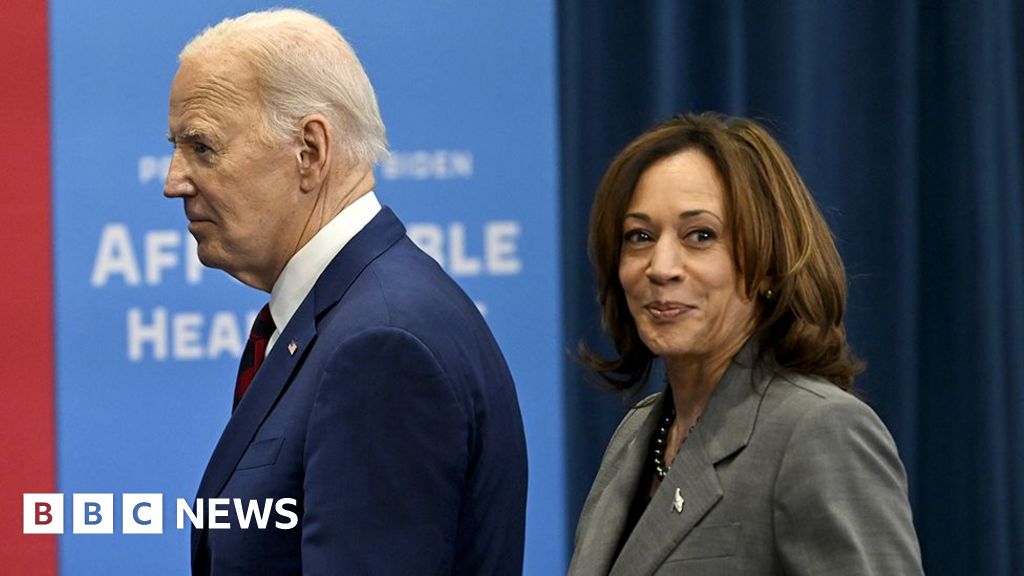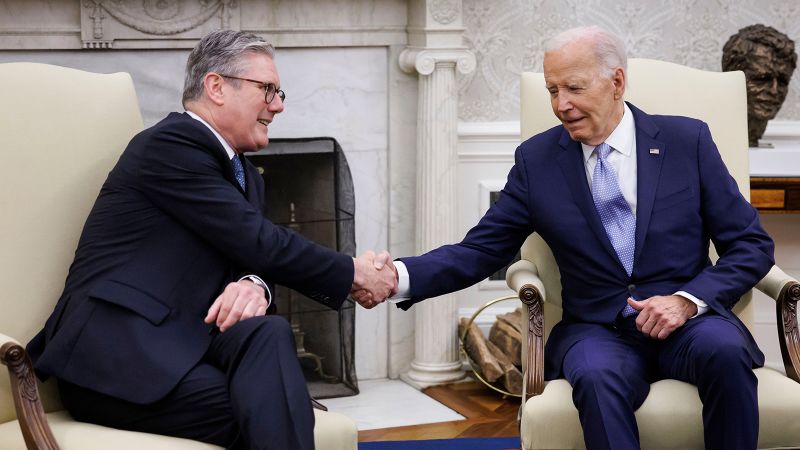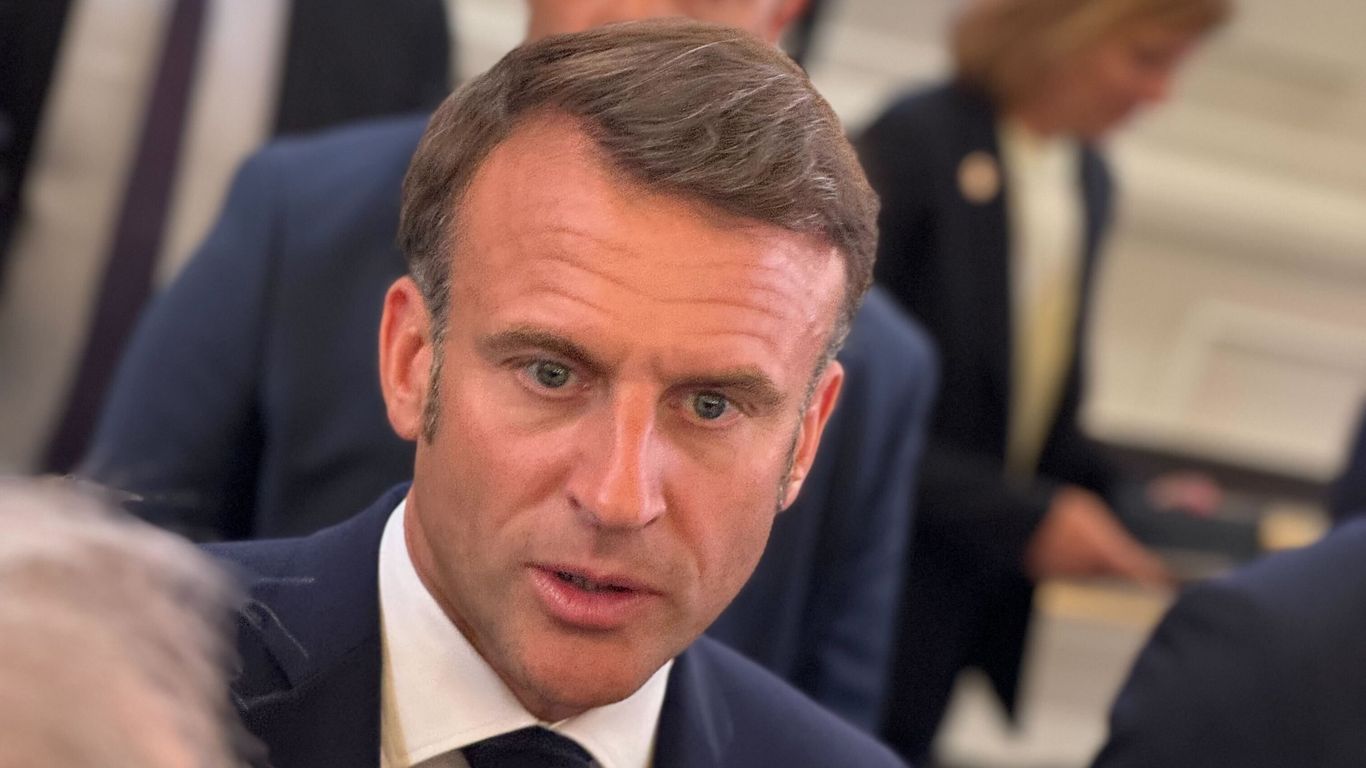
President Joe Biden's surprise announcement that he would not seek re-election and endorse Vice President Kamala Harris as the Democratic nominee for the 2024 presidential race has sent shockwaves through American politics. The decision, made just a month before the Democratic National Convention, leaves Harris as the most likely candidate but requires her to secure support from delegates and superdelegates.
Biden's announcement came after his disastrous performance at the CNN debate last month. British Prime Minister Keir Starmer and Canadian Prime Minister Justin Trudeau were among world leaders expressing gratitude for Biden's dedication to public service, while Russian President Vladimir Putin urged American voters to focus on their own country.
Barack Obama, who chose Biden as his running mate in 2008, has not yet endorsed Harris. The former president has positioned himself as an impartial elder statesman above intraparty machinations and is focusing on uniting the party once a nominee emerges.
French President Emmanuel Macron praised Biden's decision to bow out of the race, expressing gratitude towards him and his team during their tenure. Macron hopes Americans will reject far-right candidates in the upcoming election.
The Democratic National Committee has promised an 'orderly process' for selecting a nominee, but questions remain about how this will unfold. Harris has been actively reaching out to party leaders, members of Congress, governors, labor leaders, and advocacy and civil rights organizations to gain support for her nomination.
Biden's decision not to seek re-election marks the end of an era in American politics. The former vice president faced calls from senior Republicans to step down after his poor debate performance. Harris is now poised to become the first female president of the United States, but she must secure enough support from delegates and superdelegates to clinch the nomination.


